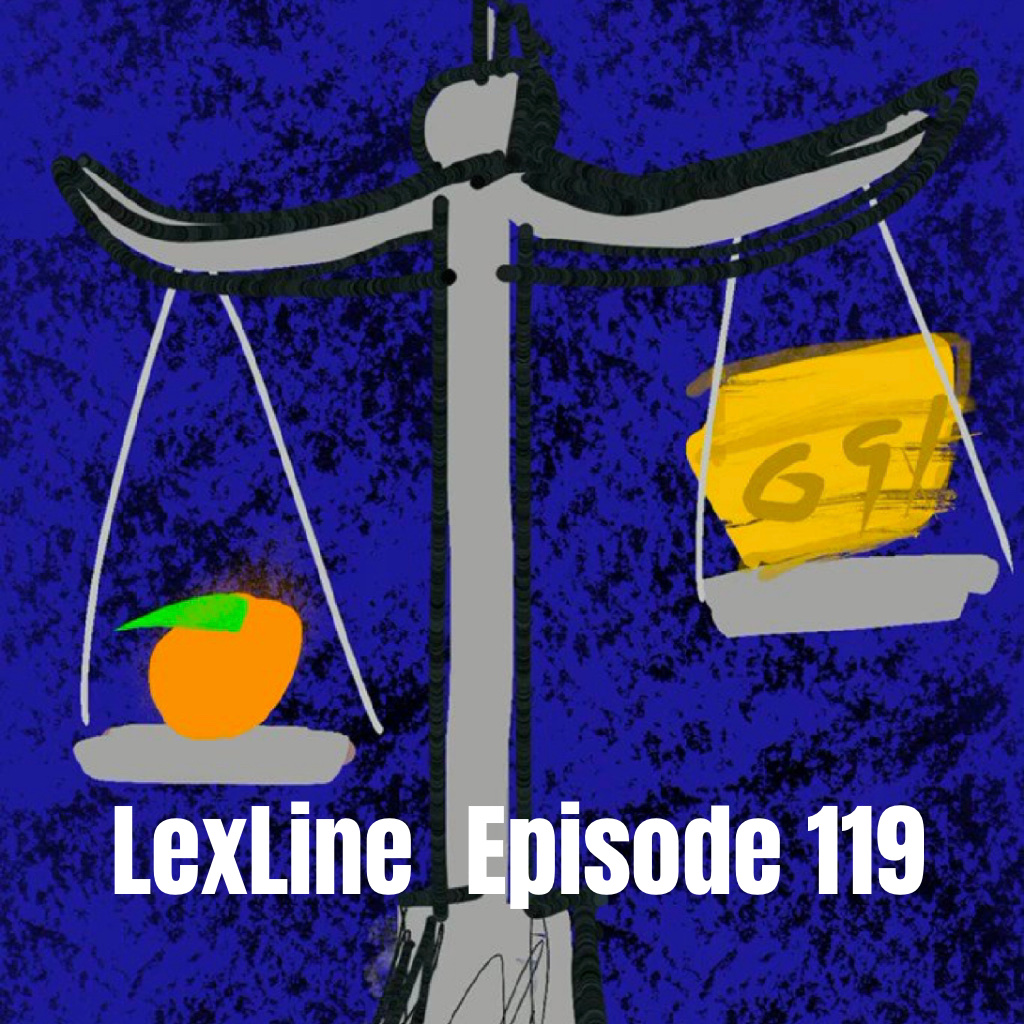U.S. DOJ Office of US Trustee filed motion seeking appointment of independent examiner to investigate alleged “substantial and serious allegations of fraud, dishonesty, incompetence, misconduct and mismanagement” related to FTX. Let me discuss why the DOJ's motion requesting appointment an examiner to investigate allegations of fraud relating to the FTX bankruptcy case may open the door to a potential criminal investigation.
First, let me explain why the DOJ is involved in the FTX bankruptcy case. In 1978, the US Bankruptcy Trustee Program was formed "to promote the efficiency and protect the integrity of the Federal bankruptcy system." The Attorney General of the United States appoints United States Bankruptcy Trustees. These Trustees are part of the Department of Justice and it is their job to "promote the efficiency and protect the integrity of the Federal bankruptcy system." Part of the duties of a US Trustee are to take "legal action to enforce the requirements of the Bankruptcy Code and to prevent fraud and abuse" AND refer "matters for investigation and criminal prosecution when appropriate."
So, if the US Trustee's investigation uncovers compelling evidence of fraud related to the FTX bankruptcy case, then the Trustee can refer the matter to the DOJ's criminal division for further investigation and prosecution. The US Trustee's motion lays one of the best summaries of the alleged FTX fraud and mismanagement that I've seen to date. Let's break it all down.
The motion notes that Section 8.2.6 FTX's Trading Terms of Service with its customers provides that "Title to your Digital Assets shall at all times remain with you and shall not transfer to FTX Trading." The terms further provide that: "None of the Digital Assets in your Account are the property of, or shall or may be loaned to, FTX Trading; FTX Trading does not represent or treat Digital Assets in User’s Accounts as belonging to FTX Trading."
The motion then breaks down a very simple timeline discussing how FTX allegedly acted contrary to its own terms and conditions relating to investor funds and triggered the ultimate collapse of company. "In May and June of 2022, according to news reports, Alameda suffered severe losses from many deals it was engaged in, including a $500 million loan on which its borrower defaulted." ¶14 The New York Times has reported that Bankman-Fried was heavily involved in the decision-making for all of Alameda’s “big trades." On or about November 2, 2022, CoinDesk published that a substantial part of Alameda’s $14.6 billion in assets were held in FTT, the cryptocurrency created by the FTX Debtors, per Alameda’s June 30, 2022, balance sheet." ¶15
The Wall Street Journal reported that Bankman-Fried said in investor meetings during the week of November 6 that Alameda owed FTX about $10 billion based on loans FTX extended to Alameda to fund risky bets." ¶16 "The $10 billion came from money customers had deposited on the exchange for trading purposes. Bankman-Fried described the decision to move FTX customer property to Alameda as a “poor judgment call.”
"The $10 billion constituted more than half of the approximately $16 billion in customer funds on the FTX cryptocurrency exchange." "According to a Reuters report dated November 9, 2022, Bankman-Fried issued an apology to all FTX employees via an internal messaging application that stated: “I’m deeply sorry that we got into this place, and for my role in it." ¶17 "That’s on me, and me alone, and it sucks, and I’m sorry, not that that it makes it any better.” That same day, The Wall Street Journal reported that Alameda CEO Caroline Ellison—joined by Bankman-Fried and two other members of FTX Digital Markets Ltd.’s (“FTX Digital”) management team (Messrs. Wang and Singh)—told Alameda employees that they were aware of the decision to send customer funds to Alameda." "Specifically, according to the report, Ms. Ellison stated that “FTX used customer money to help Alameda meet its liabilities.”
The US Trustee's motion also provides and excellent summary of the declaration filed by FTX's new CEO, John J. Ray III, who is tasked with guiding the company through bankruptcy proceedings. Ray's declaration summarizes troubling business practices by debtors. Mr. Ray described a “complete failure of corporate controls and [] a complete absence of trustworthy financial information. ”As summarized in the Trustee's motion, Ray's declaration stated that: (1) debtors used "software to conceal the misuse of customer funds." (2) absence of any accounting department; 3) absence of centralized controls over Debtors' cash and an absence of an "accurate list of bank accounts and account signatories" (4) absence of "appropriate books and records, or security controls, with respect to [the Debtors'] digital assets; (5) "[u]nacceptable management practices" such as the use of an unsecured group email account as the root user to access confidential private keys.
In summary, the Trustee seeks appointment of an independent investigator to help answer the critical question of whether FTX was an "unsuccessful business or a successful fraud"








